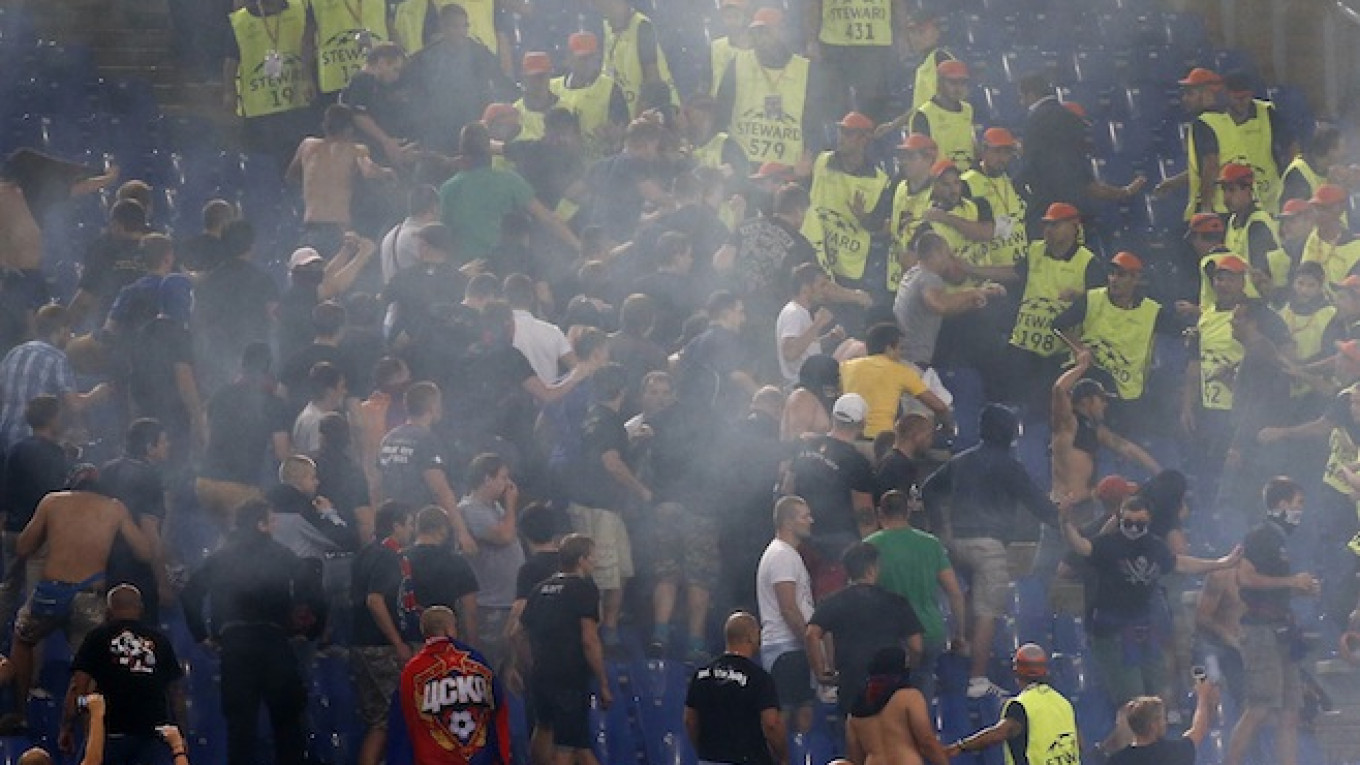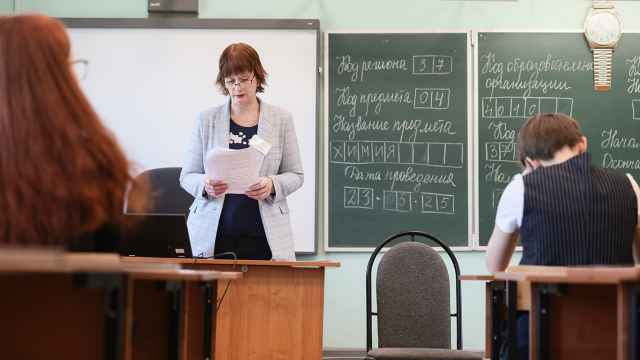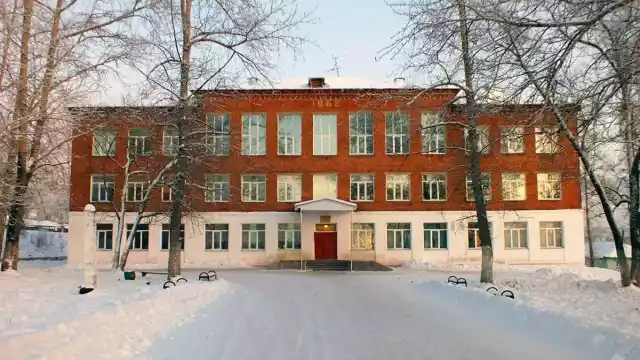FIFA presidential candidate Jerome Champagne has urged the Russian Football Union (RFU) to increase punishments for clubs whose fans are guilty of racism to help eradicate the problem before the 2018 World Cup finals there.
Champagne, who would be FIFA president at the time of the World Cup in Russia if he were to win next year's election against incumbent Sepp Blatter, said he was pleased the RFU had started to take action, but more needed to be done.
"It seems the Russian football union has understood the gravity of the problem and they have started to tackle the issue, but they should do more," Champagne said.
"But I am encouraged to see the beginning of a strong reaction which can start to eliminate racism from Russian stadiums."
His comments follow a round table held in St. Petersburg last week when SOVA, the Russian anti-discriminatory analysis center, reported that since March 2012, there had been 93 reported cases of racism in Russian football stadiums.
Champagne added: "Hearing those figures, it is clear that FIFA and the other bodies have to ensure that the Russian government and the Russian football authorities take responsibility for their own game."
"The RFU should increase the punishments on their clubs. We cannot have that in the stadiums, whether it is Russia or France or in Brazil. It is not acceptable."
Nightmare Scenario
The nightmare scenario for Russia and FIFA would be a World Cup match between the hosts and an African team in which monkey chants and boos were directed at the African players leading to them walking off and the game being abandoned.
Champagne, though, sees grounds for optimism.
"The World Cup will be a moment when all of us around the world come together, and will be the perfect moment to promote anti-discrimination values in Russian society.
"I think this World Cup should be a moment when, to some extent, we are going to pay tribute to what Soviet football and Russian football brought and is bringing to world football."
"This moment cannot be tainted by racism inside and outside the stadiums. That would be unacceptable for FIFA and unacceptable for football. But I am confident that this World Cup can help to change the situation over there."
There is no doubt that things need to change.
CSKA Moscow have been punished three times by European soccer's governing body UEFA in the last year for the racist behavior of their fans.
On Oct. 3 UEFA ordered the club to play their next three Champions League matches behind closed doors, fined them $253,000 (200,000 euros) and banned them from selling their fans tickets to their next two Champions League away games.
The RFU's disciplinary committee has also started to take stronger action against clubs for their supporters' misconduct during matches.
Champagne said measures were already in place to tackle the problem if it showed no signs of abating.
"Ordering matches to be played behind closed doors and financial punishments are first steps, but beyond that we should go higher and stronger with stiffer penalties like points deductions and with clubs expelled from competitions."
"That would help eradicate racism from the stadium. These are FIFA sanctions and are already in place and every body under FIFA's auspices has the right to use these FIFA sanctions and impose them on their own competitions."
A Message from The Moscow Times:
Dear readers,
We are facing unprecedented challenges. Russia's Prosecutor General's Office has designated The Moscow Times as an "undesirable" organization, criminalizing our work and putting our staff at risk of prosecution. This follows our earlier unjust labeling as a "foreign agent."
These actions are direct attempts to silence independent journalism in Russia. The authorities claim our work "discredits the decisions of the Russian leadership." We see things differently: we strive to provide accurate, unbiased reporting on Russia.
We, the journalists of The Moscow Times, refuse to be silenced. But to continue our work, we need your help.
Your support, no matter how small, makes a world of difference. If you can, please support us monthly starting from just $2. It's quick to set up, and every contribution makes a significant impact.
By supporting The Moscow Times, you're defending open, independent journalism in the face of repression. Thank you for standing with us.
Remind me later.






